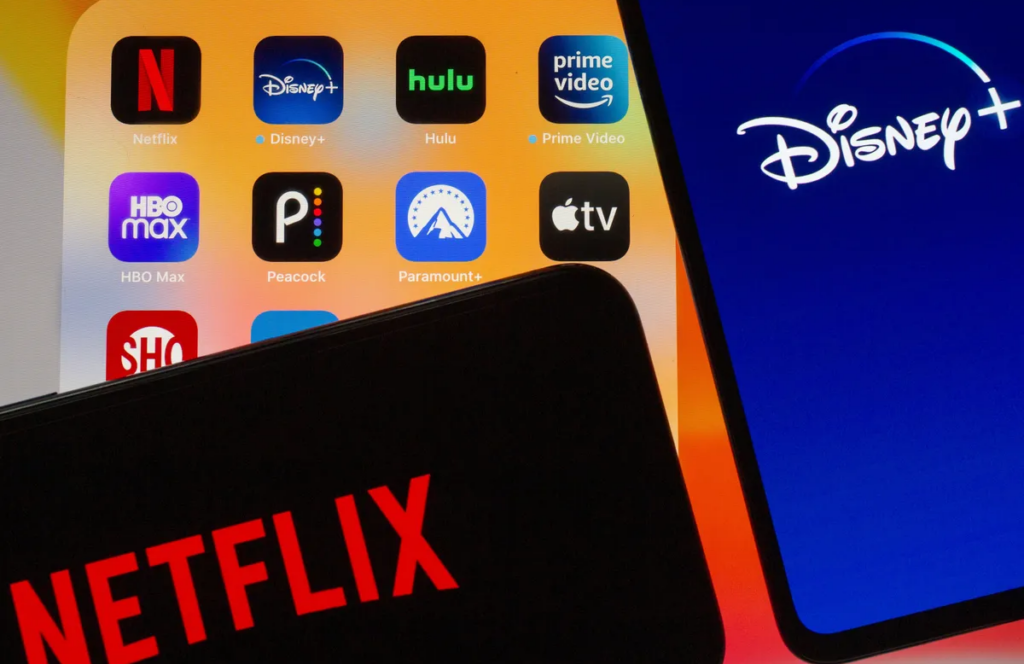Contact
Learning a new language can be an exciting and enriching experience, and with the advent of language learning apps, it has become more accessible than ever before. These apps offer interactive lessons, vocabulary practice, and language immersion exercises to help users develop their language skills at their own pace. In this article, we will explore some popular language learning apps, evaluate their effectiveness, available languages, and user engagement features to help you find the right app to embark on your language learning journey.
Duolingo
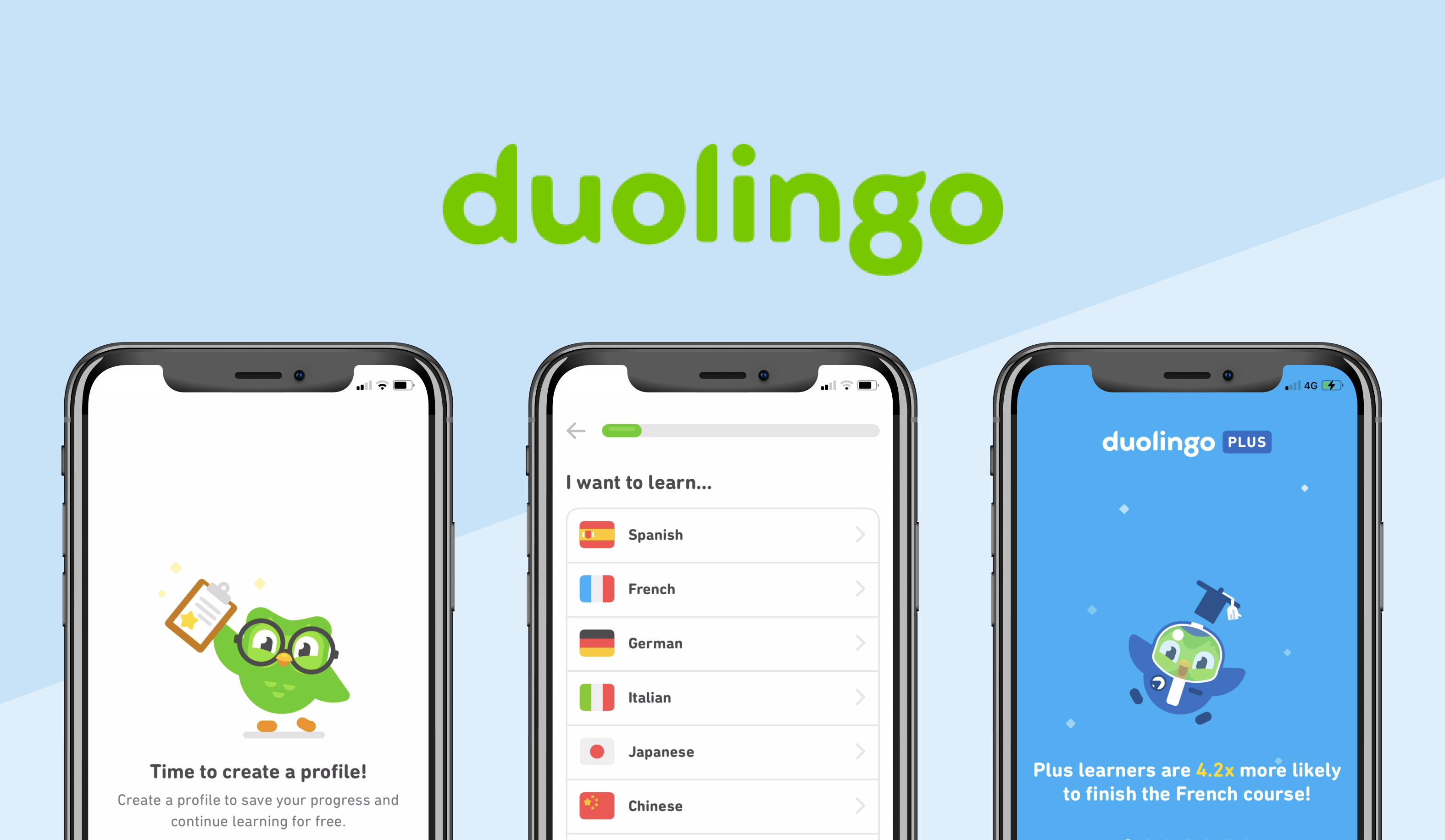
Duolingo is a well-known language learning app that offers a gamified approach to language acquisition. It provides interactive lessons, vocabulary practice, and language immersion exercises to make learning a new language fun and engaging. Here are some key features of Duolingo:
- Interactive Lessons: Duolingo offers bite-sized lessons that cover various aspects of language learning, including grammar, vocabulary, and sentence construction. The lessons are presented in a game-like format, where users earn points and unlock new levels as they progress.
- Vocabulary Practice: The app includes vocabulary exercises that help users learn and reinforce new words and phrases. Users can practice their vocabulary through word matching, image association, and audio exercises.
- Language Immersion Exercises: Duolingo provides language immersion exercises that allow users to practice their language skills in real-world contexts. These exercises include listening to audio recordings, reading articles, and translating sentences to improve comprehension and fluency.
- Available Languages: Duolingo offers a wide range of languages to learn, including popular options like Spanish, French, German, and Italian, as well as less commonly taught languages like Irish, Swahili, and Esperanto.
- User Engagement Features: The app incorporates social features that allow users to compete with friends, earn achievements, and participate in language learning communities. This fosters a sense of motivation and encourages regular practice.
Pros of Duolingo:
- Game-like approach makes learning fun and engaging.
- Interactive lessons cover various aspects of language learning.
- Vocabulary exercises reinforce new words and phrases.
- Language immersion exercises provide real-world context.
- Wide range of languages available for learning.
- Social features foster motivation and community engagement.
Cons of Duolingo:
- Less emphasis on speaking and listening skills.
- Grammar explanations may be limited.
- Progression can feel slow and repetitive at times.
Recommendation:
Duolingo is an excellent choice for beginners or casual learners who want to start learning a new language in a fun and interactive way. The gamified approach, wide range of available languages, and social features make it an engaging app for building foundational language skills. However, for learners who prioritize speaking and listening skills or require more in-depth grammar explanations, supplementing Duolingo with other resources may be beneficial.
Rosetta Stone
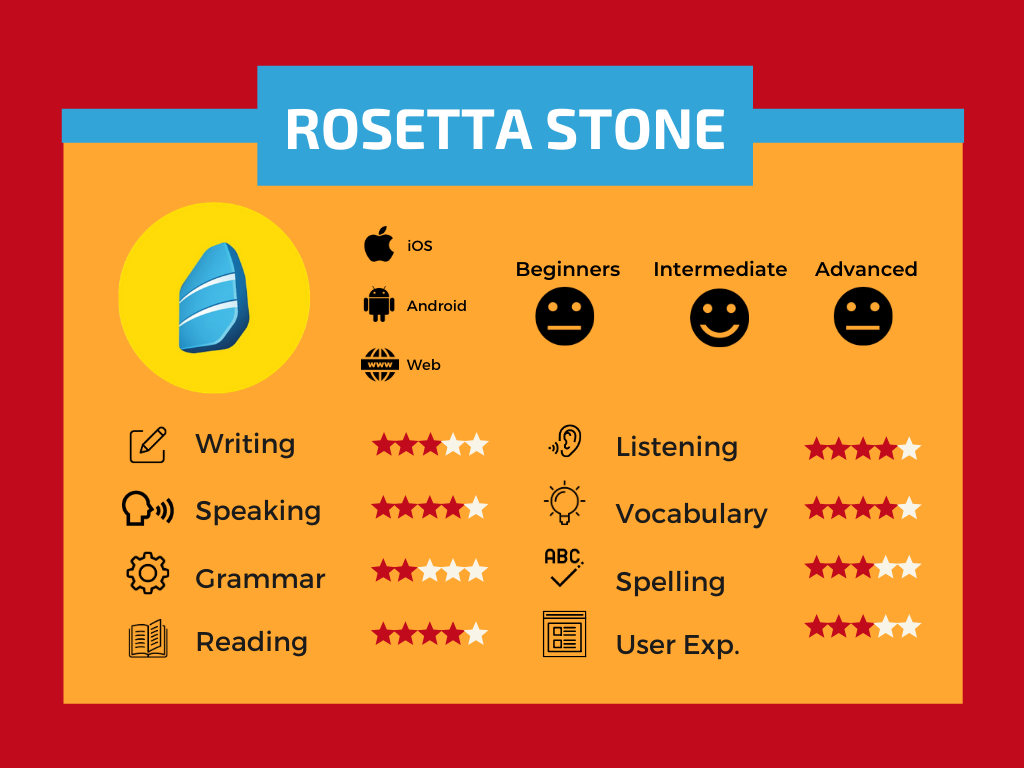
Rosetta Stone is a well-established language learning program that has transitioned into a mobile app. It offers immersive language learning experiences and focuses on developing conversational skills. Here are the key features of Rosetta Stone:
- Immersive Language Learning: Rosetta Stone emphasizes immersion in the target language from the start. The app uses a combination of visual and auditory cues to teach vocabulary, grammar, and sentence structures, replicating the way we naturally acquire languages.
- Speech Recognition Technology: Rosetta Stone incorporates speech recognition technology to help users improve their pronunciation and speaking skills. This feature allows users to practice speaking and receive instant feedback on their pronunciation accuracy.
- Personalized Learning: The app adapts the lessons based on the user’s progress and performance. It adjusts the difficulty level and content to ensure a personalized learning experience that suits the learner’s needs.
- Available Languages: Rosetta Stone offers a wide range of languages to learn, including popular options like Spanish, French, Mandarin, and German, as well as less commonly taught languages like Swahili, Persian, and Tagalog.
- User Engagement Features: The app includes interactive activities, quizzes, and progress tracking to keep users engaged and motivated. It also offers live tutoring sessions with native speakers foradditional practice and guidance.
Pros of Rosetta Stone:
- Emphasizes immersive language learning from the start.
- Speech recognition technology helps improve pronunciation.
- Personalized learning experience based on user performance.
- Wide range of languages available for learning.
- Interactive activities and quizzes keep users engaged.
- Live tutoring sessions provide additional practice and guidance.
Cons of Rosetta Stone:
- Relatively high cost compared to other language learning apps.
- Less focus on explicit grammar explanations.
- Limited opportunities for conversational practice with native speakers.
Recommendation:
Rosetta Stone is a suitable choice for learners who prefer an immersive and holistic approach to language learning. The app’s emphasis on immersion, speech recognition technology, and personalized learning make it effective for developing conversational skills. However, the higher cost and limited grammar explanations may not be suitable for all learners. It is recommended for learners who are committed to investing time and resources into their language learning journey and who value a structured and immersive learning experience.
Babbel
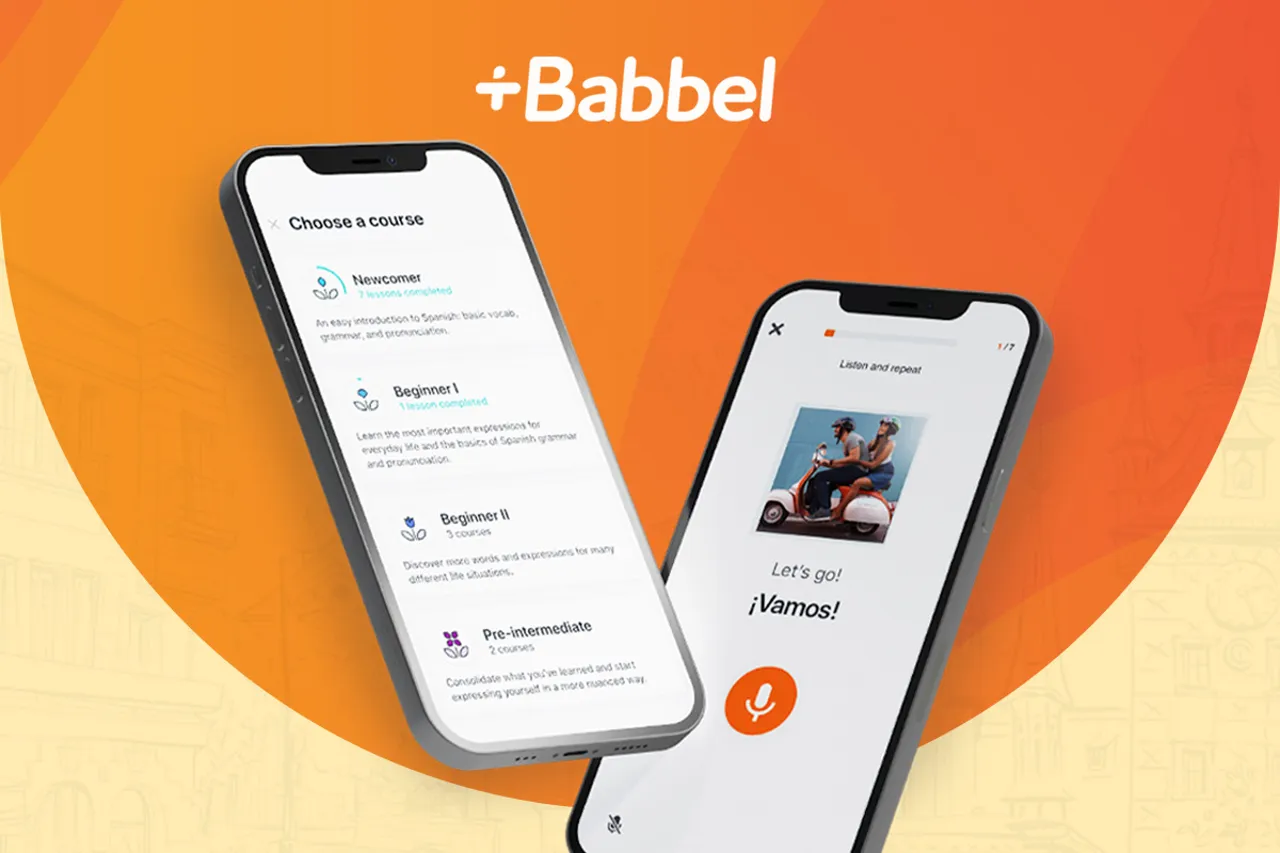
Babbel is a language learning app that focuses on practical vocabulary and conversation skills. It aims to get learners speaking in their target language as quickly as possible. Here are the key features of Babbel:
- Practical Vocabulary: Babbel teaches practical vocabulary and phrases that are relevant to real-life conversations. The app focuses on building a foundational vocabulary that learners can immediately apply in practical situations.
- Conversation-focused Lessons: Lessons in Babbel are designed to develop conversational skills. The app provides dialogues and interactive exercises that simulate real-life conversations, allowing learners to practice their speaking and listening skills.
- Grammar Explanations: Babbel offers clear and concise grammar explanations that help learners understand the underlying structures of the language. These explanations provide a solid foundation for language acquisition.
- Available Languages: Babbel offers a wide range of languages to learn, including popular options like Spanish, French, Italian, and German, as well as less commonly taught languages like Indonesian, Danish, and Turkish.
- User Engagement Features: The app incorporates interactive exercises, quizzes, and review sessions to keep users engaged and reinforce their learning. It also provides progress tracking to monitor language proficiency.
Pros of Babbel:
- Focuses on practical vocabulary and conversation skills.
- Lessons simulate real-life conversations for practical application.
- Clear and concise grammar explanations.
- Wide range of languages available for learning.
- Interactive exercises and quizzes for engagement and reinforcement.
- Progress tracking to monitor language proficiency.
Cons of Babbel:
- Some users may find the pace of lessons slow.
- Opportunities for writing and reading practice are relatively limited.
- Advanced grammar concepts may be less covered.
Recommendation:
Babbel is a suitable choice for learners who want to focus on practical vocabulary and conversation skills. The app’s emphasis on real-life conversations, clear grammar explanations, and interactive exercises make it effective for developing speaking and listening skills. However, learners who prioritize advanced grammar concepts or extensive writing and reading practice may need to supplement their learning with additional resources. Babbel is recommended for learners who want to gain practical language skills and feel confident in everyday conversations.
Memrise
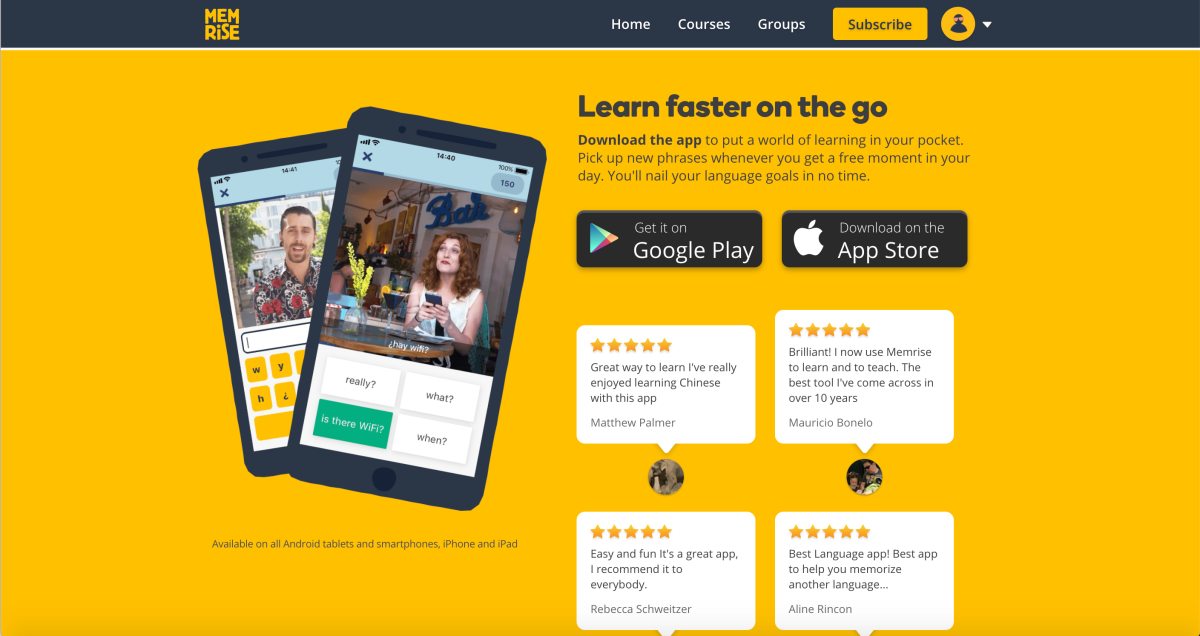
Memrise is a language learning app that utilizes mnemonic techniques and spaced repetition to help users memorize vocabulary and phrases. The app combines audio and visual cues to enhance memory retention. Here are the key features of Memrise:
- Mnemonic Techniques: Memrise employs mnemonic techniques, such as vivid imagery and associations, to help users remember vocabulary and phrases more effectively. These techniques facilitate memory retention and make the learning process more engaging.
- Spaced Repetition: The app utilizes spaced repetition, a learning technique that presents information at increasing intervals to optimize long-term memory retention. This approach helps users review and reinforce previously learned material at the right intervals.
- Audio and Visual Learning:Memrise incorporates audio and visual learning elements to enhance language acquisition. The app provides audio recordings of native speakers pronouncing words and phrases, allowing users to practice their listening and pronunciation skills. Additionally, visual cues, such as images and videos, are used to reinforce vocabulary and contextualize learning.
- Community-Created Content: Memrise offers user-generated content, allowing learners to create their own courses and share them with others. This feature provides a wide range of language options beyond the standard curriculum and fosters a sense of community among users.
- Available Languages: Memrise offers a variety of languages to learn, including popular options like Spanish, French, Japanese, and Russian, as well as less commonly taught languages like Hebrew, Swahili, and Vietnamese.
- User Engagement Features: The app includes gamification elements, such as points, streaks, and leaderboards, to motivate users and encourage regular practice. It also provides progress tracking and personalized review sessions to reinforce learning.
Pros of Memrise:
- Effective mnemonic techniques enhance vocabulary retention.
- Spaced repetition optimizes long-term memory retention.
- Audio and visual learning elements improve listening and pronunciation skills.
- Community-created content expands language options and fosters a sense of community.
- Gamification elements and progress tracking enhance user engagement.
- Personalized review sessions reinforce learning and retention.
Cons of Memrise:
- Less emphasis on grammar and sentence structure.
- Advanced language concepts may be less covered.
- User-generated content may vary in quality and consistency.
Recommendation:
Memrise is a suitable choice for learners who struggle with vocabulary retention and prefer a more interactive and mnemonic-based approach to language learning. The app’s mnemonic techniques, spaced repetition, and audio-visual learning elements make it effective for memorizing vocabulary and phrases. However, for learners who require a more comprehensive understanding of grammar or advanced language concepts, supplementing Memrise with other resources may be necessary. Memrise is recommended for learners who want to focus on vocabulary acquisition and enjoy a gamified learning experience.
Conclusion
Language learning apps have revolutionized the way we approach language acquisition, making it more accessible, engaging, and convenient. Each app reviewed in this article offers unique features and caters to different learning preferences. Whether you prefer a gamified approach like Duolingo, an immersive experience like Rosetta Stone, a focus on practical conversation skills like Babbel, or mnemonic techniques like Memrise, there is an app available to suit your needs.
When choosing a language learning app, consider your specific goals, preferred learning style, and the languages you wish to learn. It’s also beneficial to try out different apps and see which one resonates with you the most. Remember, language learning requires dedication and regular practice, so find an app that keeps you motivated and engaged throughout your language learning journey. With the right app and consistent effort, you’ll be well on your way to mastering a new language.


